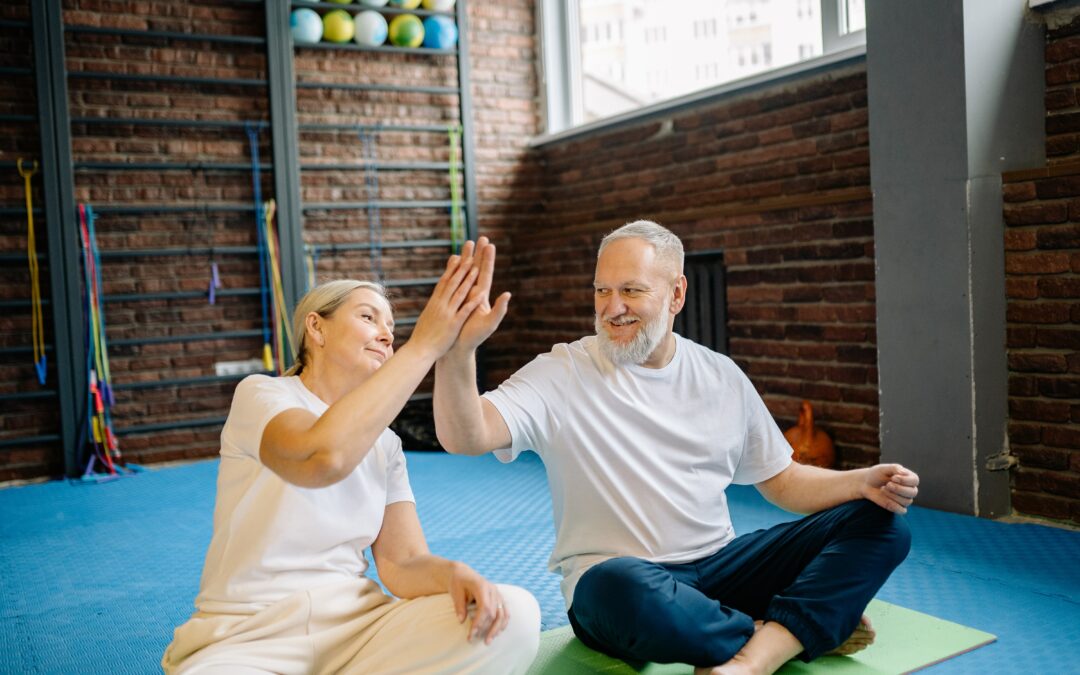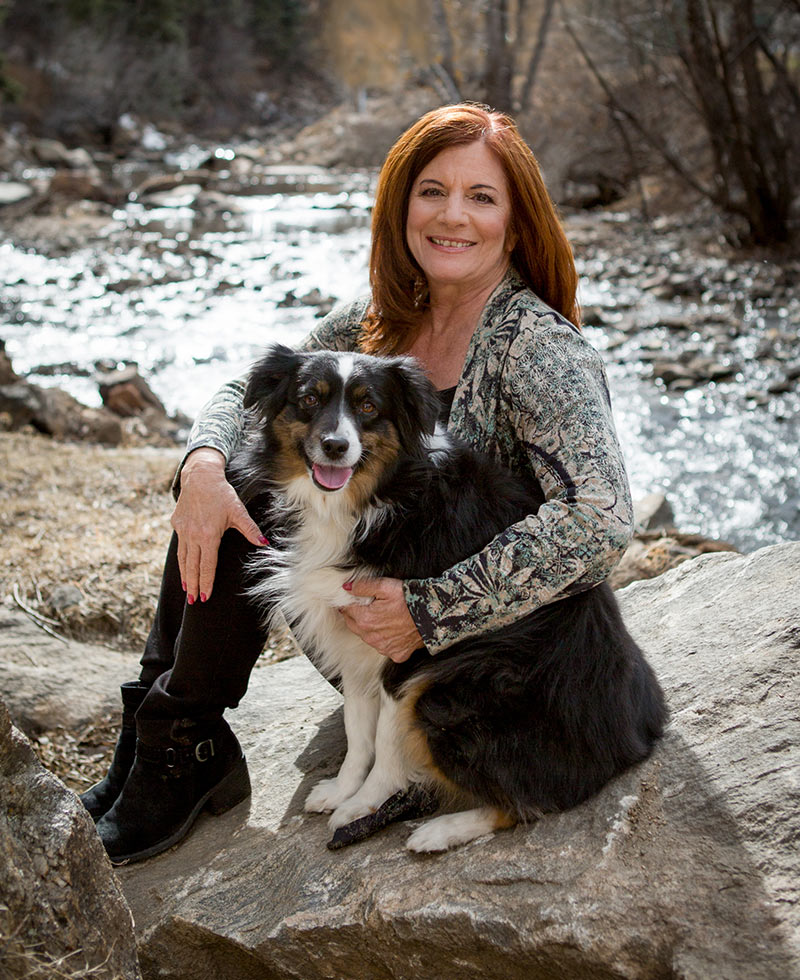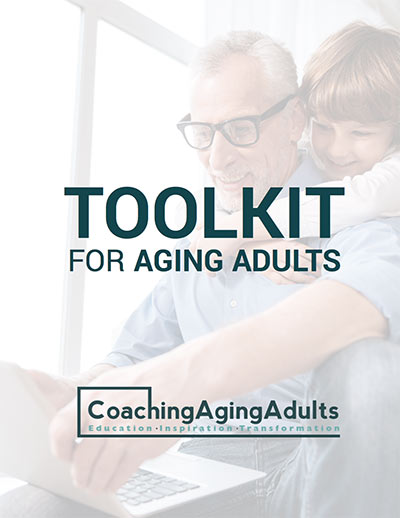As we journey through life, our bodies and minds undergo natural changes. The process of aging brings with it a unique set of challenges and opportunities. While some may view aging as a decline, I firmly believe that it is possible to stay active and engaged well into our golden years. In this blog post, I will share five practical tips to help you maintain vitality and embrace a fulfilling lifestyle as you age.
Prioritize Physical Activity
Staying active is essential for overall health and well-being, regardless of age. Engaging in physical activity offers numerous benefits, including improved cardiovascular health, increased strength and flexibility, enhanced mood, and better cognitive function. As we age, it becomes even more crucial to incorporate exercise into our daily routine.
Start by choosing activities that you enjoy and are suitable for your fitness level. Whether it’s walking, swimming, yoga, or dancing, find something that brings you joy and makes you feel good. Aim for a minimum of 150 minutes of moderate-intensity aerobic activity per week, along with strength training exercises twice a week to maintain muscle mass and bone density.
Stimulate Your Mind
Just as our bodies need exercise, our minds require stimulation to stay sharp and engaged. Mental stimulation plays a vital role in preventing cognitive decline and maintaining cognitive function as we age. Here are a few suggestions to keep your mind active:
- Challenge your brain with activities like reading, pursuing a new hobby, learning music, or taking classes. Continuously seeking new knowledge and skills helps to create new neural connections and keeps your brain agile.
- Puzzles and Games: Engage in puzzles, crosswords, Sudoku, or strategy-based games to enhance cognitive abilities and improve memory. These activities provide mental exercise and can be enjoyable social pursuits as well.
- Social Interaction: Regular social interaction has been linked to better cognitive function. Stay connected with friends and family, join community groups or clubs, volunteer, or participate in group activities that interest you. Meaningful social relationships contribute to a sense of belonging and purpose, which positively impacts mental well-being.
Maintain a Healthy Diet
A well-balanced diet is vital for maintaining overall health and vitality as we age. Proper nutrition can help prevent chronic conditions, boost immunity, and support brain health. Here are some dietary guidelines to follow:
- Eat a Variety of Nutrient-Dense Foods: Include a wide range of fruits, vegetables, whole grains, lean proteins, and healthy fats in your diet. These foods provide essential vitamins, minerals, antioxidants, and fiber that support optimal health.
- Stay Hydrated: As we age, our sense of thirst may diminish, leading to inadequate hydration. Make a conscious effort to drink enough water throughout the day to stay properly hydrated. Avoid excessive consumption of sugary beverages and limit caffeine intake, as they can dehydrate the body.
- Consider Supplements: Consult with your healthcare provider to identify any nutritional deficiencies and determine if supplements are necessary. Vitamins such as B12, D, and omega-3 fatty acids are commonly recommended for older adults.
Prioritize Quality Sleep
Sleep plays a crucial role in our overall well-being and is essential for physical and cognitive functioning. However, sleep patterns tend to change as we age, often resulting in more fragmented sleep and difficulties falling asleep or staying asleep. To improve the quality of your sleep:
- Establish a Routine: Maintain a regular sleep schedule by going to bed and waking up at consistent times. This helps regulate your body’s internal clock and promotes better sleep.
- Create a Restful Environment: Make your bedroom conducive to sleep by keeping it dark, quiet, and cool. Invest in a comfortable mattress and pillow to ensure optimal comfort.
- Limit Stimulants: Avoid consuming caffeine, nicotine, and alcohol close to bedtime, as these can disrupt sleep patterns. Instead, opt for relaxing activities, such as reading or taking a warm bath, to wind down before sleep.
Embrace Emotional Well-being
Nurturing your emotional well-being is just as important as physical and cognitive health. Here are some strategies to promote emotional wellness as you age:
- Practice Mindfulness and Stress Management: Engage in mindfulness exercises, deep breathing techniques, or meditation to reduce stress and promote relaxation. Mindfulness has been shown to enhance emotional well-being and reduce symptoms of anxiety and depression.
- Seek Emotional Support: Reach out to friends, family, or a therapist for emotional support when needed. Sharing your feelings and concerns can provide a sense of relief and help you maintain a positive outlook.
- Engage in Meaningful Activities: Pursue activities that bring you joy, purpose and a sense of fulfillment. Whether it’s volunteering, engaging in hobbies, or spending time in nature, find activities that align with your passions and values.
Aging is a natural part of life, and it presents us with opportunities for growth, wisdom, and fulfillment. To stay active and healthy as you age, remember these five tips: exercise regularly, keep your mind active, eat well, get enough sleep, and take care of your emotions. Remember, it’s never too late to invest in your well-being and make positive changes to enhance your quality of life.
References:
World Health Organization – Physical activity and older adults
American Psychological Association – Exercise fuels the brain’s stress buffers
National Institute on Aging – Healthy eating for older adults.
Centers for Disease Control and Prevention – Tips for better sleep



